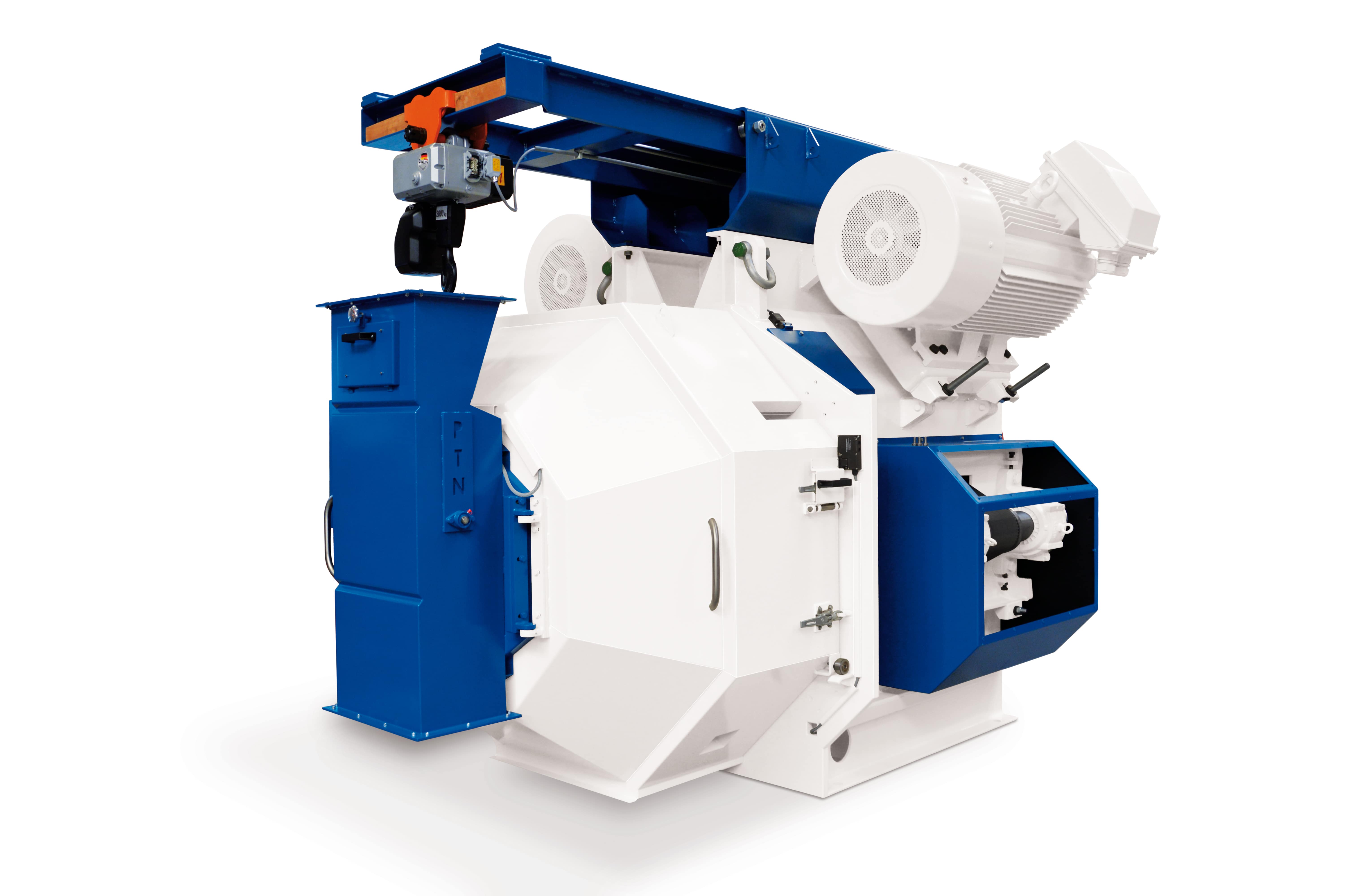
Everything You Need to Know about Flour Granulation Process
Granulation process is crucial in the production of various products, and when it comes to flour, it's no exception. It involves subjecting flour to a combined effect of compression and extrusion, resulting in the formation of small granules or particles. This process is essential to enhance the physical and functional properties of flour, making it more suitable for a variety of applications in the food industry.
Granulated flour has higher bulk density and improved flowability compared to conventional flour. This makes it ideal for use in the manufacturing of foods that require uniform particle distribution, such as bread, cookies, and confectionery products. Additionally, granulation can enhance the flour's liquid absorption capacity, benefiting the texture and moisture retention of the final products.
The granulation process can be carried out using different methods, including wet and dry granulation. Each method has its own advantages and disadvantages, and the choice of the appropriate method depends on various factors such as the type of flour, the desired characteristics of the final product, and available equipment.
In summary, the granulation process is a crucial step in flour production and plays a significant role in the quality and functionality of final food products.

